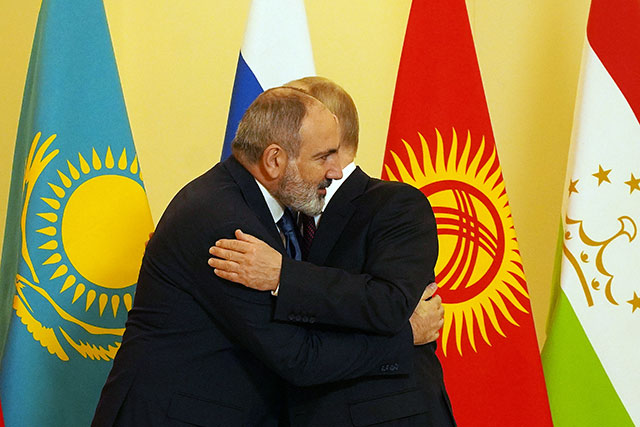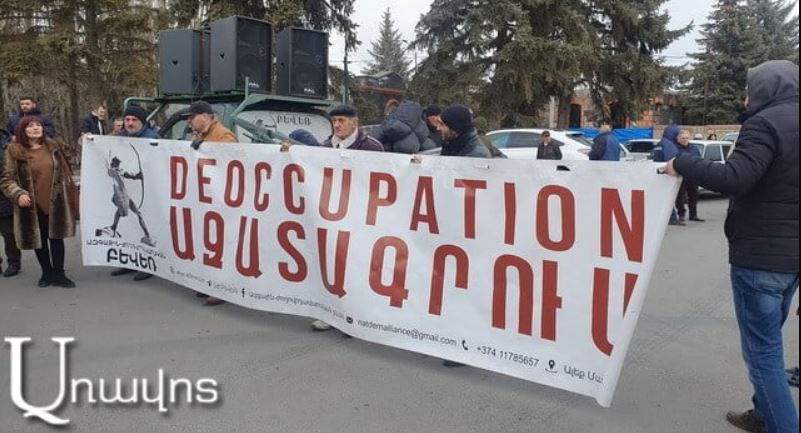When, about 20 years ago, in 2004, the Chairman of the Russian State Duma, Boris Gryzlov, announced that Armenia is Russia’s “outpost” (citadel) in the South Caucasus, it was perceived very negatively by all ordinary people. But the problem is that we should not be the “outpost” not only of Russia but also of any other country or organization because that status implies that, being at the point of the “geopolitical divide,” you become someone’s “pioneer,” which takes the first blows of the opposing side.
When it is said that we are an “outpost of democracy,” it only sounds nice at first glance. First of all, the claims about our democracy are lies, and the European structures, which are proud of Armenia’s supposedly “democratic” regime and the relevant public organizations, know this very well. Secondly, considering that in 20 years, this gap has widened, it may mean that we are still the “outpost of the West” – a role that Georgia, showing political prudence, has refused.
Suppose there is an option to completely abandon the Russians and the CSTO, to place the NATO troops here and in Artsakh, as proposed by the same anti-government forces and the so-called “extra-parliamentary forces.” In that case, I am in favor of it with both hands. But it is as realistic as drawing the borders of Armenia with the “Wilson map.” Since there is no such option, it was not necessary to abandon Lavrov’s last plan in 2019; it was not required to declare that Artsakh is part of Azerbaijan, as European and American diplomacy demanded. It directly hit 120,000 of our compatriots. The West, the international organizations, apart from abstract calls to open the corridor, cannot do anything. Russia, at least theoretically, can but does not want to. And the problem is the position of Armenia. We can call Russia’s behavior “cynical,” “immoral,” and “inhuman” (it is so), but we must have the courage to look at the facts.
When the representative of the Russian Foreign Ministry, Maria Zakharova, once again reacted rather rudely to Pashinyan’s words, the Prime Minister of Armenia’s response was as follows: who has she become to interpret my words? It seems to Pashinyan that international relations are an arena for self-assertion at the domestic level. It works in inner life but not in external relationships.
Aram ABRAHAMYAN






















































